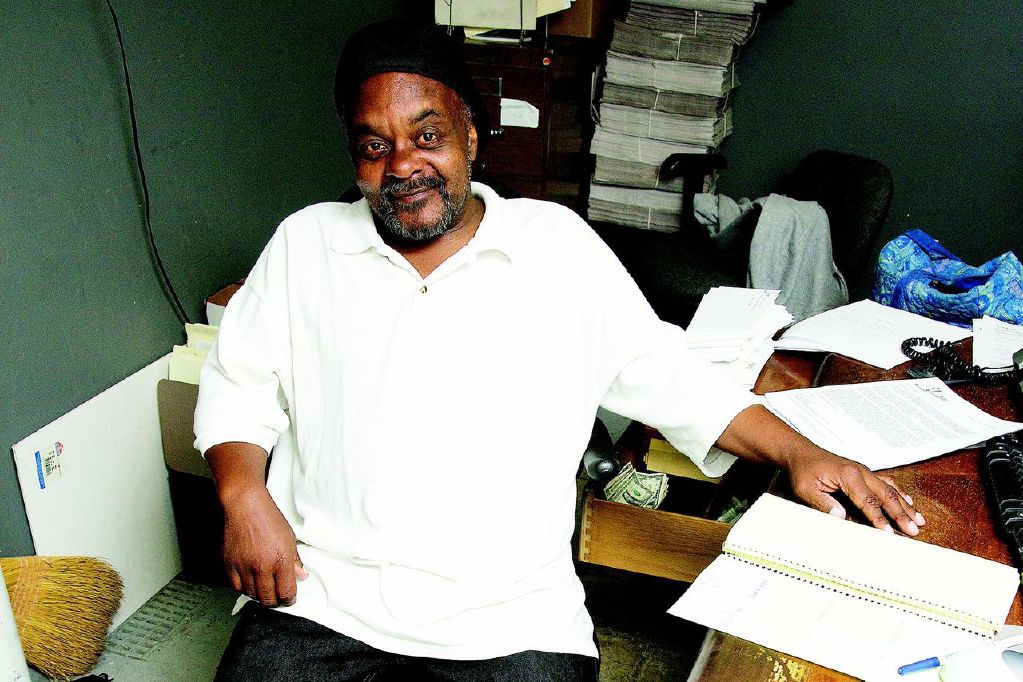By the time you read this, the second anniversary of the closing of Long Island Shelter will have come and gone without much fanfare. Yes, there was a rally by the Boston Homeless Solidarity Committee. A very well-done and well-attended one at that.
We’ve even managed to arrange an upcoming meeting with the state’s secretary of health and human services, Mary Lou Sudders. It’s a small victory, but a victory nonetheless. And yet, for me personally, this “victory” doesn’t mean much because frankly people have already died.
How many? No one has the correct stats on that, but put it like this: one death on the street is already one too many. Not much has improved since Long Island closed, regardless of what our elected officials tell us. We down here on the ground floor with our noses in it every day can plainly see that things are not OK.
The City of Boston claims to have made strides in addressing homelessness, and while, in some instances, that may be the case (though yours truly doesn’t really see it), a few issues remain.
Probably the most pressing is the fact that not many of the recovery beds that were lost have yet to be replaced. You don’t have to go any further than Methadone Mile (some want to call it Recovery Road) to see how the lack of treatment beds has affected homelessness in Boston. And there is still the subject of overcrowding. Already, both the new Southampton Shelter and the Woods-Mullen Shelter for women are at capacity, and it’s not even winter yet.
Mayor Walsh claims that part of the reason for this is the “opiate addiction crisis” (is it just me or doesn’t it seem like when politicians talk about the opiate crisis, they make it sound as if it just happened yesterday?). His other claim about the overcrowding—and, to be fair, he’s not the only person in city government making this claim—is that people come from other cities and towns across the state because of the quality of Boston’s services. Well, this may be a problem, but it’s hardly an excuse for the shabby condition of some of the city’s shelters.
No matter what, people need to be treated with dignity and respect, and their living conditions should reflect that.
On the other hand, the state needs to take some responsibility when it comes to the overcrowding of Boston’s shelters. Boston’s system is hardly more diverse when it comes to homelessness. There’s no residency requirements, no rules against admitting sex offenders or active substance abusers. Many people have work contracts with folks who have jobs but have a guaranteed bed every night.
Many shelters around the state have quite the opposite, which makes Boston a more palatable place to be homeless. Not that homelessness is ever palatable—trust me. The state needs to make sure that the rules apply to all cities, not just Boston, when it comes dealing with the homelessness crisis. There is still much that needs to be done, and so many people have already paid the price. It’s been 2 years, and I hardly think we can say we’ve made progress.

Leave a Reply
You must be logged in to post a comment.